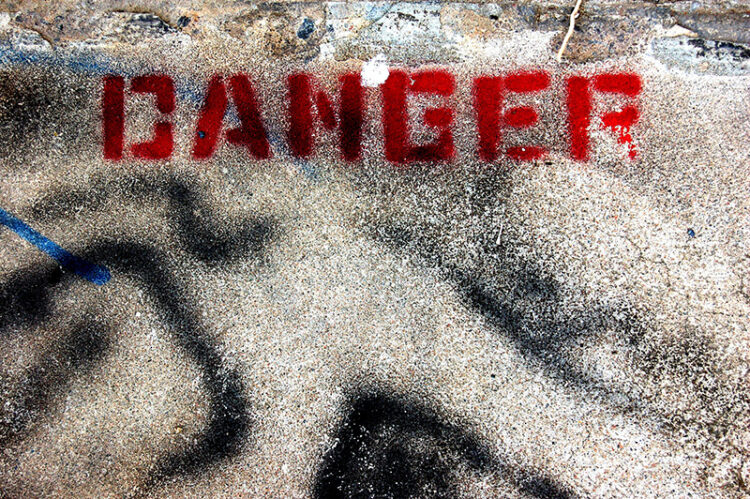Republican Federal Communications Commision (FCC) Commissioner Brendan Carr’s comments earlier this week have caused content creators who rely on ByteDance’s popular short-form video app TikTok for revenue a bit of concern.
Speaking to India’s The Economic Times (and Fox Business in mid-December), Carr said that it’s not a matter of “if but when” TikTok will be banned in the United States. In addition, Carr told The Economic Times that India set an “incredibly important precedent” when it banned TikTok in June of 2020. Speaking to Fox Business on Dec. 13, Carr said that it is time for the Biden Administration to “step up” its efforts against the Chinese owned app.
What’s unknown at this time is how the other commissioners at the FCC such as Geoffrey Starks and Nathan Simington and FCC Chairwoman Jessica Rosenworcel feel about the app at this moment in time.
But there appears to be some agreement among both Democrats and Republicans lawmakers in congress that TikTok is not a secure app; as part of the recent $1.3T USD omnibus bill passed by congress a provision was included to ban TikTok from all congressional government employee phones. In addition to that, Senator Marco Rubio (R-Florida) presented a bipartisan bill on Dec. 13, that would ban TikTok in the United States (this is nothing new for Rubio; he proposed a similar bill in November of 2020).
Related to the recent ban on government devices, TikTok released a statement (per CNBC) saying that it was an empty political gesture, and that it has been working with the Committee on Foreign Investment in the U.S (CFIUS) to allay any concerns about security or how it handles private data: “The agreement under review by CFIUS will meaningfully address any security concerns that have been raised at both the federal and state level. These plans have been developed under the oversight of our country’s top national security agencies — plans that we are well underway in implementing — to further secure our platform in the United States, and we will continue to brief lawmakers on them.”
When the Trump Administration launched its long, drawn-out campaign to ban the app from Apple and Android devices in 2020 and to force ByteDance to divest its U.S. operations to a U.S.-based company, TikTok’s U.S. division went to federal court and fought back. Ultimately, the federal court sided with TikTok, ruling that the government failed to provide significant proof that the app was a security risk or that it was sharing data with its Chinese parent company. In June 0f 2021, President Joe Biden revoked several Trump-era executive orders related to TikTok, essentially putting an end to any litigation being pursued at federal agencies, but the administration has continued to use the CFIUS to negotiate compliance.
Adding fuel to the fire is a recent report from the Wall Street Journal claiming that employees of TikTok parent company ByteDance used the app to track the data of several WSJ reporters who had been critical of the company in recent reports. TikTok management acknowledged the incident in internal memos, claiming that some employees used data inappropriately.
One thing should be noted about Carr’s recent comments; like Rubio, he has been a critic of TikTok and a proponent of banning it and other apps owned by companies in China for a long time. In June of last year he called on Apple and Google leadership to ban the app.
Carr’s comments aside, the environment is not great for TikTok at the moment: With a House of Representatives now controlled by Republicans (who are likely eager to ban a number China-owned apps on the grounds that they are national security risks) and a Senate barely controlled by Democrats (a few of which feel the same way as Republicans do about TikTok), the stage looks to be set for ByteDance and its popular app to be on a collision course with lawmakers who will push new bills and call for hearings and investigations through the various committees that Republicans now control.
To further complicate things for the esports/gaming industry/influencer economy is the fact that TikTok has become an important platform for content creators, esports organizations, and game companies to generate buzz and revenue. Further, Tiktok now owns Shanghai MOONTON Technology Co. Ltd (Moonton Games, for short), makers of the popular mobile game Mobile Legends: Bang Bang. Unfortunately, if TikTok does get banned, those who rely on it to make a living will be forced to either use alternatives such as Intagram’s Reels or YouTube Shorts or abandon short-form video altogether.
